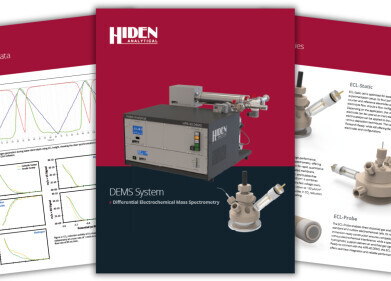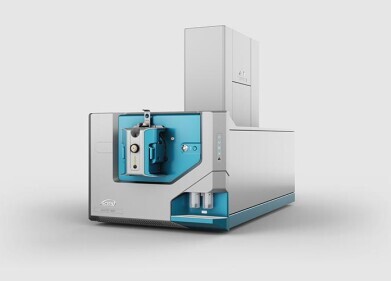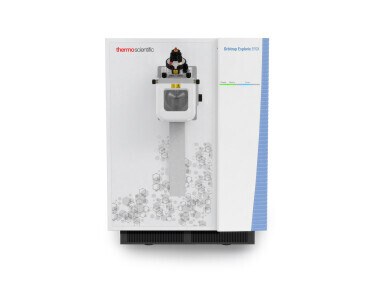Mass spectrometry & spectroscopy
What Should You Eat When You're Pregnant?
Aug 14 2017
When you’re eating for two, it’s more important than ever to maintain a healthy diet. But with so many trends, theories and taboos flying around it can be hard to distinguish between the good, the bad and the no-go zones.
So how should you be fueling your body? According to the NHS you don't need to stick to a special diet, but it is important to eat a variety of different foods to ensure both you and your baby receive the right balance of nutrients.
Here’s an overview of the basics:
Fruit and veg
Packed full of vitamins, minerals and fiber, fruit and veg is an essential part of a healthy pregnancy diet. Aim for at least five portions a day, whether they’re fresh, canned, dried or juiced.
Starchy carbs
Pregnancy can drain energy levels which makes starchy carbs an important source of power. Bread is one of the easiest ways to stock up, though you can also enjoy potatoes, cereals, rice, pasta and oats. While refined options can be delicious it’s best to opt for wholegrains where possible.
Protein
Contrary to popular belief, you don’t need to gorge on meat to support a healthy baby. Instead you should eat in moderation, and experiment with other forms of protein like beans, pulses, eggs, fish and nuts. If you are eating meat you’ll need to make sure it’s well done with no traces of pink. You’ll also need to steer clear of some fish, including shark, marlin and swordfish. Oily fish like salmon, trout, mackerel and herring can be heavy in toxins so limit yourself to a maximum of two portions a week.
Dairy
Loaded with calcium and nutrients, dairy foods like milk, cheese and yogurt are an important part of a balanced pregnancy diet. There’s hot debate over whether low fat is better than full, so do your research or talk to your nutritionist and decide for yourself. If you prefer dairy alternatives like soya drinks and yoghurts it’s best to opt for unsweetened, calcium-fortified versions.
In the same way that food can affect the health of a growing baby, so too can the quality of drinking water. For a closer look at how the EPA is monitoring the presence of cyanotoxins, ‘Reduced Injection Volume Applied to the Quantitation of Cylindrospermopsin and Anatoxin-a in Drinking Water According to EPA Method 545’ spotlights the advanced new TSQ Quantis triple quadrupole MS platform.
Digital Edition
Lab Asia Dec 2025
December 2025
Chromatography Articles- Cutting-edge sample preparation tools help laboratories to stay ahead of the curveMass Spectrometry & Spectroscopy Articles- Unlocking the complexity of metabolomics: Pushi...
View all digital editions
Events
Jan 21 2026 Tokyo, Japan
Jan 28 2026 Tokyo, Japan
Jan 29 2026 New Delhi, India
Feb 07 2026 Boston, MA, USA
Asia Pharma Expo/Asia Lab Expo
Feb 12 2026 Dhaka, Bangladesh



















